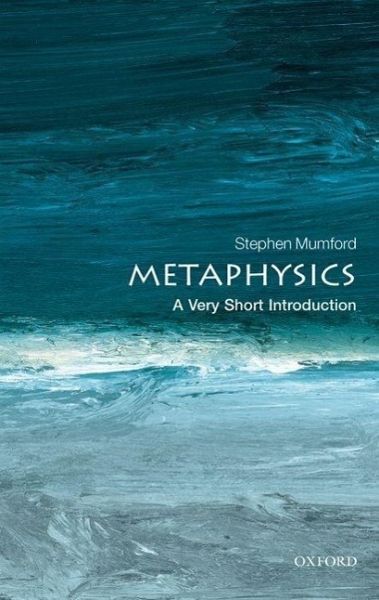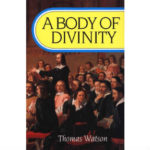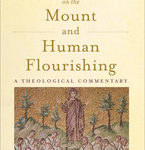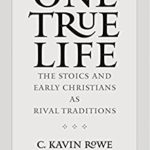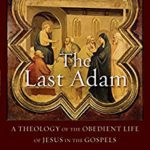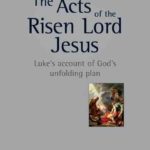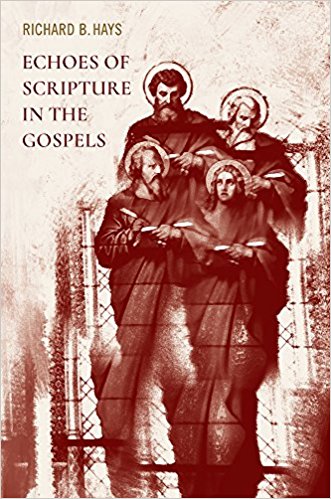Schreiner, Thomas R. Spiritual Gifts: What They Are and Why They Matter. Nashville: B&H, 2018.
This is an excellent brief introduction to spiritual gifts. The first part of the book presents wise pastoral counsel about what spiritual gifts are and how people should exercise them in the church. The latter part of the book is a brief, winsome defense of the cessationist position.
Schreiner had in the past held to the continuationist position. He comments about his change of mind: “What set me personally back on the road to cesssationism is this very matter of prophecy. I slowly became convinced that the idea that New Testament prophets were different in nature from Old Testament prophets was flawed. Instead, it is more convincing to say that New Testament prophets were infallible like Old Testament prophets” (loc 1681). Like Schreiner, I have always found this (rather than tongues) to be at the heart of the debate.
Schreiner argues that NT prophecy is infallible because there would need to be a clear indication in the NT if prophecy became fallible. To the contrary, the quotation of Joel 2:28 in the NT points to continuity. The NT warnings about false prophets point in the same direction. Second, Ephesians 2:20 teaches that the church was built on the foundation of the apostles and prophets. While Grudem argues that this should be interpreted as “the apostles who are prophets” (thus showing a distinction between infallible and fallible NT prophets), Schreiner notes that Grudem misapplies the Granville Sharp rule to make this claim. Third, the NT demands that prophecies be judged, and the standard laid out in Deuteronomy 18 is that true prophets and prophecies are without error. Fourth, Schreiner rejects that argument that Paul’s claim of apostolic authority over prophets shows that prophets could be in error. “The issue here isn’t whether the words of the prophets are mixed with error. Instead, the issue is whether one is a false prophet!” (loc. 1203). Fifth, Schreiner rejects the claim that the prophecy of Agabus in Acts 21 was in error, noting that Paul in Acts 28 indicates that it was not. Further, Schreiner observes, “if Agabus is judged to be in error, the same kind of judgment could be used to assess other texts which some claim have errors” (loc 1225).
With regard to tongues, Schreiner holds that Acts 2 defines tongues as xenoglossia. None of the following passages in Acts or 1 Corinthians demand that tongues be understood as glossolalia. Thus the claimed gift today is not the same thing as the gift of tongues as practiced in the New Testament.



 This is the first book I would recommend buying on the Ten Commandments (although Udemans’ The Practice of Faith, Hope, and Love ranks with it). Since this book is derived from sermons it provides both exposition and application of the Decalogue.
This is the first book I would recommend buying on the Ten Commandments (although Udemans’ The Practice of Faith, Hope, and Love ranks with it). Since this book is derived from sermons it provides both exposition and application of the Decalogue.
